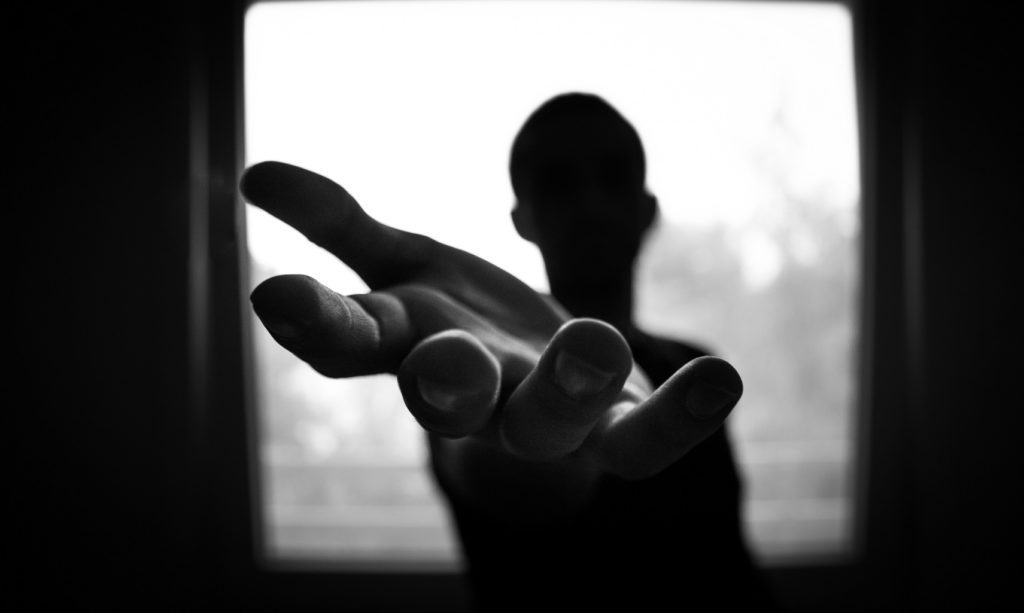Approximately 1 in 10 Americans aged 60+ have experienced some form of elder abuse. Broadly defined, elder abuse is any form of mistreatment that results in harm or loss to an older person. More specifically, the World Health Organization defines elder abuse as “a single, or repeated act, or lack of appropriate action, occurring within any relationship where there is an expectation of trust, which causes harm or distress to an older person.”
The legal definition of elder abuse varies from state-to-state.
Elder abuse affects people from all ethnic backgrounds and social status, and most victims of abuse are women. Elder abuse may be physical, emotion, sexual, exploitive, neglect, or abandonment. Specifically defined:
- Physical abuse includes inflicting, or threatening to inflict physical pain or injury on a vulnerable elder, or depriving an older person of a basic need
- Emotional abuse includes inflicting mental pain, anguish, or distress on an elder through verbal or nonverbal acts;
- Sexual abuse includes a non-consensual sexual contact of any kind
- Exploitive abuse is the illegal taking, misuse, or concealment of funds, property, or assets of a vulnerable elder
- Neglectful abuse is the refusal or failure by those responsible to provide food, shelter, health care or protection for a vulnerable elder
- Abandonment abuse is the desertion of a vulnerable elder by anyone who has assumed the responsibility for care or custody of that person.
When it comes to elder abuse in the African American community, there is limited research. However, available research shows elder abuse in the African American community tends to differ along regional boundaries where cultural norms, moral values, standards of conduct may vary. Regardless of region, the largest number of perpetrators who abuse African American elders tends to be someone known to the victim such as their children, a partner, or a service provider. It is important to note that African-Americans seniors tend to be more susceptible to financial exploitation and intentional neglect. The personal losses (e.g., loss of independence, homes, life savings, health, dignity, security, and more) associated with elder abuse can be devastating.

Signs of elder abuse or neglect may include:
- Trouble sleeping
- Depression or confusion
- Weight loss for no reason
- Displaying signs of trauma such rocking back and forth
- Acting agitated or violent
- Becoming withdrawn, and avoiding participating in activities
- Unexplained bruises, burns, or scars
- Appearing unkept, messy, or dirty
- Developing bed sores, other preventable conditions.
Elder abuse won’t stop by itself. In fact, elder abuse interventions are necessary because too many older people are ashamed or embarrassed to report being abused, particularly at the hands of their children. Elders who are abused by their children do not want to be labeled as a failure or bad parent. Some elders simply mistrust legal authorities and will forgo reporting mistreatment.
If you think an older adult is being abused either physically, emotionally, or financially—talk with them when the two of you are alone. Let the person know you’re worried about them and think something is wrong. If the person refuses to talk with you, enlist the help of a trusted figure such as the person’s pastor, doctor, or call your local your local adult protective services agency, which can be found through the National Center on Elder Abuse website or by calling 800-677-1116. Do not forget to call 911 to alert local authorities.
The National Caucus and Center on Black Aging believes we must take a stand to protect and ensure all older adults are safe from harm and neglect. For more information about NCBA, visit www.ncba-aging.org.
The opinions expressed in this article are those of the author and do not necessarily reflect those of the Diverse Elders Coalition.

